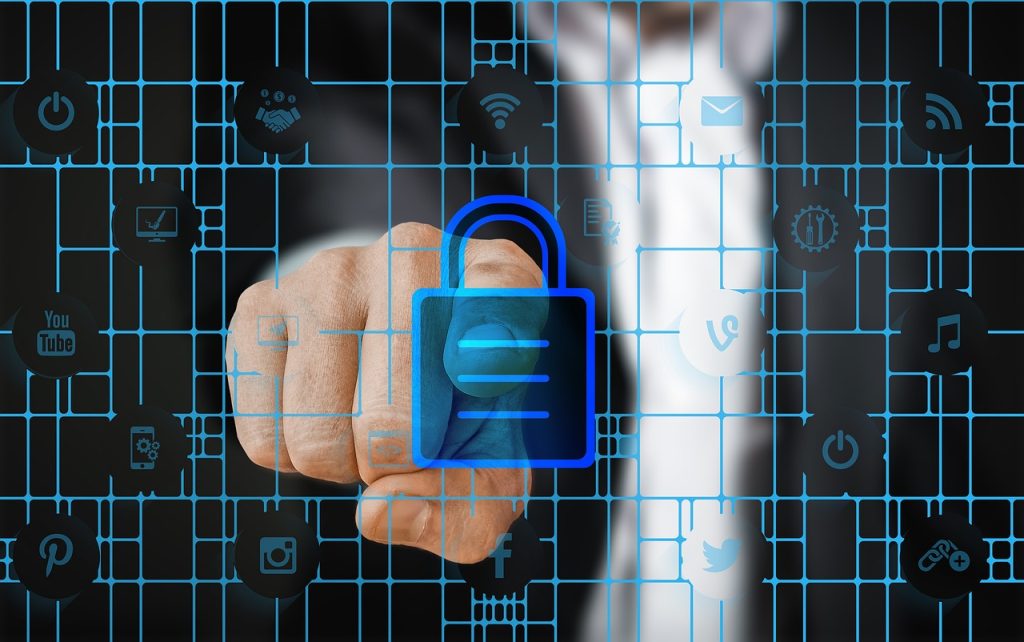Coding is the process of creating software and other digital products. It is a valuable skill that is in high demand, and it offers a wide range of career opportunities. If you are interested in learning how to code, here is a beginner’s guide to programming that will help you get started.
Choose a programming language: The first step in learning how to code is to choose a programming language. There are many programming languages to choose from, including Python, Java, C++, and more. Each language has its own strengths and weaknesses, and the language you choose will depend on your goals and the type of applications you want to build.
Set up a development environment: Once you have chosen a programming language, the next step is to set up a development environment. A development environment is the place where you will write, test, and debug your code. You can use an Integrated Development Environment (IDE) or a simple text editor, depending on your preferences.
Learn the basics of programming: The next step is to learn the basics of programming. This includes learning the syntax of your chosen programming language, as well as basic programming concepts such as variables, loops, and functions. You can start by following online tutorials, reading books, or enrolling in an online course.
Practice, practice, practice: The key to becoming a good programmer is practice. The more you practice, the better you will become. Start by building small projects and gradually increase the complexity of your projects as you become more comfortable with the programming language.
Join online communities: Joining online communities, such as forums and discussion boards, can be a great way to get help and advice from other programmers. It is also a great way to network and connect with other people who share your interests.
Build projects: Building projects is the best way to improve your coding skills and gain real-world experience. Start by building small projects, such as a simple calculator or a to-do list app, and then gradually increase the complexity of your projects as you become more comfortable with the programming language.
Get involved in open-source projects: Contributing to open-source projects is a great way to gain experience and improve your coding skills. Open-source projects are often maintained by a community of developers, and by contributing to these projects, you can work with other developers and learn from their experience.
Stay up-to-date with the latest technology: Technology is constantly changing, and it is important to stay up-to-date with the latest developments. Read blogs, attend events, and follow industry leaders to stay informed about the latest trends and technologies.
In conclusion, learning how to code is a valuable skill that offers a wide range of career opportunities. To get started, you need to choose a programming language, set up a development environment, learn the basics of programming, practice, join online communities, build projects, get involved in open-source projects, and stay up-to-date with the latest technology. With dedication and practice, you can become a skilled programmer and build the applications of your dreams.







